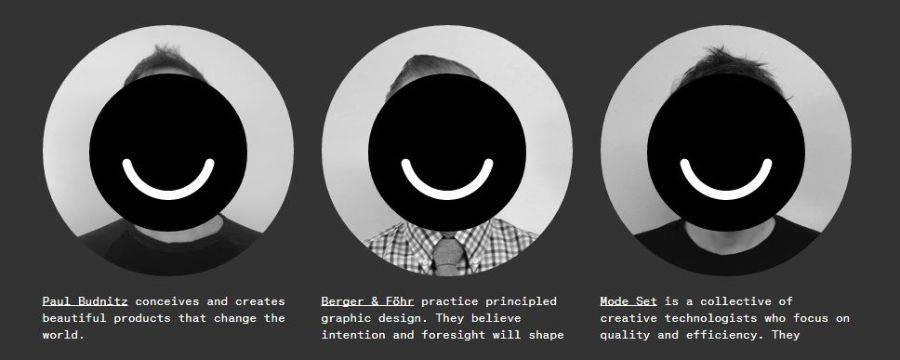The ad-free, anti-data-mining, invite-only social media platform Ello has surged in numbers with up to 31,000 people joining per hour at the end of September.
Launched in April 2014, the site started out as a small community of its designers and artists. Growth was slow until September, when Facebook commenced a crackdown on profiles utilizing names unconnected with legal identities. This resulted in a furious upheaval of those with deactivated accounts, a disproportionate amount of which belonged to people in the LGBTQ community due to trans identities and usage of drag queen stage names.
Now, the invite-only site has a demand high enough that invitations are being sold on eBay.
“I highly approve and recommend switching from Facebook to Ello if it helps [social media users] identify with who they feel they are,” said junior Sierra Segal. “It’s traumatizing for some, like trans people, to use their legal names, and they shouldn’t have to deal with that just to be on social media.”
The main tenets of the new site include strict refusal to sell data to third parties or post advertisements on the site, zero tolerance of abuse of any kind, and a policy accepting any identity that a user wishes to put forth. Its manifesto proclaims all of this, surrounding a main goal of creating “a place to connect, create, and celebrate life.”
The only information Ello collects is a user’s language, location, time spent on the site, and the site that brought them to Ello. This is collected through an anonymized version of Google Analytics, giving general information instead of linking it to specific users, and even then users can opt out. Otherwise, no other data is collected, and none is for the utilization of third parties.
“Ello is a good idea because it’s ad free and a safe environment for people to be who they want to be,” said freshman Eli Melmon. “If Facebook can’t give them what they want, then of course they should go to a new place where they can find that.”
Critics point out that Facebook and Twitter also started out advertisement-free, and predict that Ello will be corrupted from its good intentions of staying that way from need for revenue to support a growing site. Their current plans include voluntary donation by users in lieu of selling advertising.
“I think the no-ads policy will stay,” said Memnon. “It’s one of the main points of Ello. They can make money other ways, like from their users or from sponsors.”
Other critiques include the reality that many Facebook users don’t care about the ads that appear on their accounts.
“I think if people are going to leave Facebook, it’s not going to be about ads or name policy, but just that they aren’t into it anymore,” said junior Jasmine Davidson. “I already deleted the Facebook app off my phone, and haven’t replaced it with anything.”
With Facebook losing users because of ads, name policies, and platforms like Ello trying to take its place, both sides provide different features for social media.


